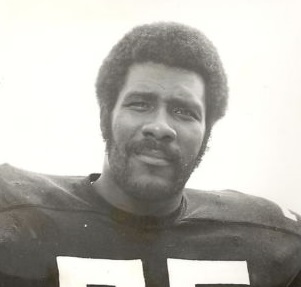A Quote by Adam Morris
Dreamlike sequencing is perhaps one of João Gilberto Noll's most remarkable triumphs in Quiet Creature on the Corner. I translated the novel and still it remains a mystery as to how exactly how this works. Noll thinks more like an experimental filmmaker than a novelist.
Related Quotes
Once I looked into it, I was taken aback to learn that pretty much nothing by João Gilberto Noll was available in English translation. I was confident that I could find an editor and the readership for a translation: Noll is highly respected in Brazil, and at the same time divisive, somewhat like Hilda Hilst. Neither of them enjoys the universal acclaim you might associate with Clarice Lispector, whom everyone adores, myself included. Still, I considered it a tremendous injustice that Noll had not been more widely translated and was determined to rectify it.
The Brazilian national identity is not one of João Gilberto Noll primary concerns. This does not mean social critique is absent: race, gender, and class relations are considered in Quiet Creature. And these are universal relational matters, not necessarily particular to any country. Some critics have commented that understanding the specific Brazilian political context of the novel is helpful for reading Quiet Creature. This may be true, but it's not prerequisite for understanding it.
Jorge Luis Borges had the soapbox and the authority to complain about this myopic understanding of the duty of Latin American writers, which sometimes forecloses their unique modernism and experience of modernization in favor of a mythic past or an artificially constructed ideal national subject. So likewise in João Gilberto Noll, readers shouldn't expect samba and Carnival and football. The Brazilian national identity is not one of his primary concerns.
With My Dog-Eyes by Hilda Hilst got more exposure and reached far more readers than I ever expected. Even my editor at Melville House, who championed the project form the outset, told me she was surprised by the response. After this, editors began asking my opinion about which Latin American writers ought to be translated. I realized I had some cultural capital to spend, and I wanted to use it to introduce another author who might be considered a risk by conventional publishers. Michael Noll was at the top of my list.
When you take a child who's hollering like hell, sit him on your knee, and say "once upon a time", you stop him hollering. As long as you go on telling him a story, he will listen. Novelists who neglect this fundamental effect do so at their peril. They become what is known as the experimental novelist, and an experimental novel is not really a novel at all.

























